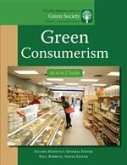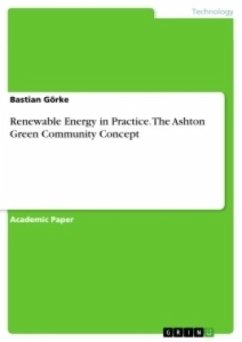A hallmark of the past 100 years has been the greening of political thought and practice. Today, there are green political parties, green organizations, and green consumer goods, all of which show how our decisions to organize, donate, and consume have been infused with green politics, which in many ways is all about values. Green politics has grown in the popular imagination, as well. Everyday there are headlines about climate change, impacts of resource extraction, or chemical pollution in a poor neighborhood. Underlying all of those stories are classic political questions about power, representation, and ultimate values. This second volume in the SAGE Series on Green Society covers the availability and distribution of such resources as energy and how they impact economic development, domestic politics, and international cooperation and conflict. For instance, articles investigate how politics influence the choice of energy strategies within the U.S. and how availability of different forms of energy fuels political conflict among nations worldwide. As supplies of nonrenewable energy sources become constrained by increasing global demand, will states tighten control over such commodities or will they seek equitable and sustainable ways to share them? Such questions have never been more urgent. Other issues of equal urgency to be covered include watershed resources (what happens when countries share a river and one country siphons off or pollutes waters before they reach other countries), other natural resources (for instance, industrialized countries attempting to dictate to developing countries about rainforest resources, whaling countries versus those seeking total bans on whaling as an industry), air pollution, global health and epidemiology (e.g., constraining the spread of potential pandemics, radioactive fall-out across countries from nuclear accidents like Chernobyl). From A-to-Z, the politics of these and similar "green" issues are thoroughly explored via 150 signed entries.
Hinweis: Dieser Artikel kann nur an eine deutsche Lieferadresse ausgeliefert werden.
Hinweis: Dieser Artikel kann nur an eine deutsche Lieferadresse ausgeliefert werden.








